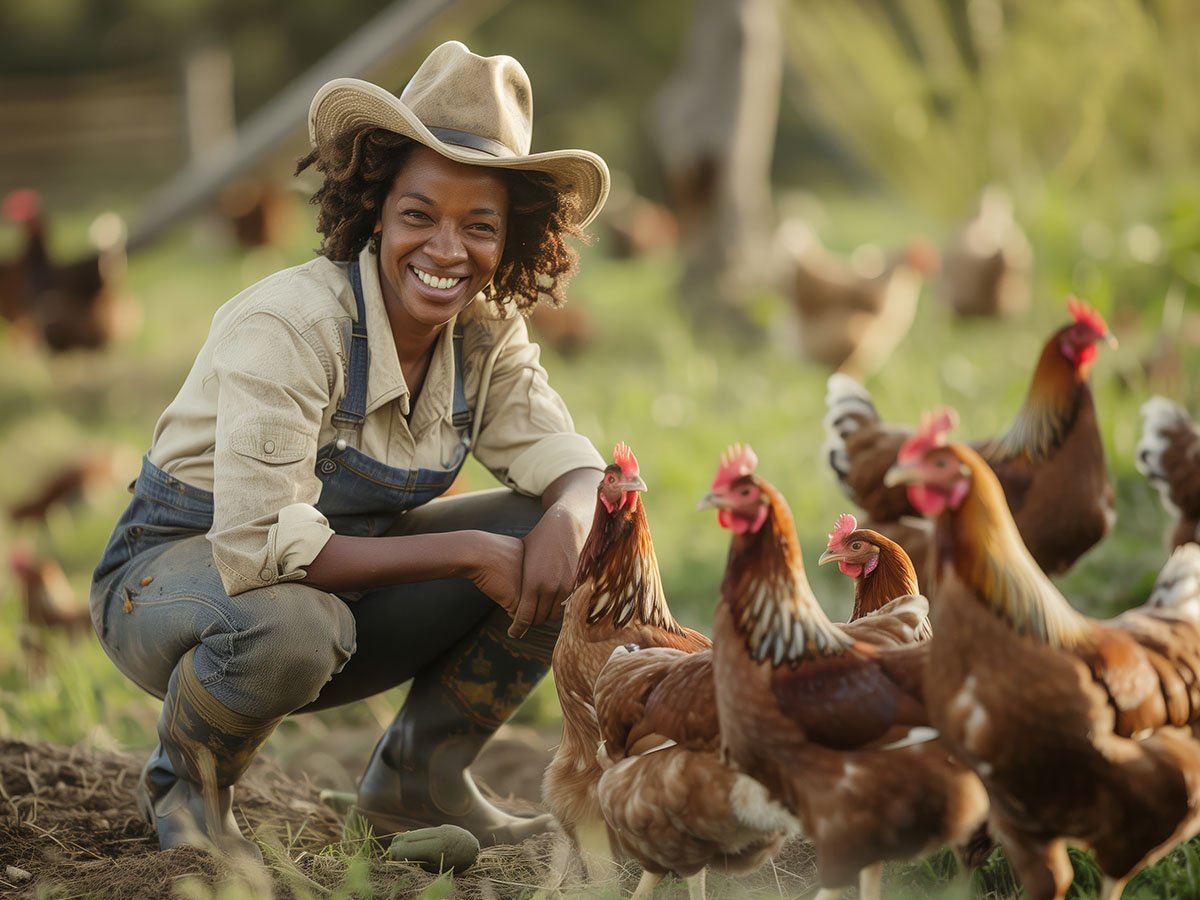Introduction: What Does Respect Have to Do with food?
When we think about food, especially meat, we often focus on taste, nutrition, or convenience. But behind every egg, every steak, every sausage, and every roast chicken lies a story—one that begins long before it reaches your plate.
That story, all too often, is one of confinement, stress, and suffering. But it doesn’t have to be.
At Soba Renaissance, we believe that humane animal treatment is the foundation of ethical food. We believe that every animal deserves a life worth living, and that consumers deserve food they can trust not just for its quality, but for how it was produced.
This is what we call “Respect on the Plate”—a commitment to raising animals ethically, treating them humanely, and honoring the life behind every meal.
What Is Humane Animal Treatment in Farming?
Humane animal treatment refers to farming practices that prioritize the welfare, dignity, and natural behavior of animals throughout their lives from birth to processing. At Soba Renaissance, this includes:
-
Clean, spacious living environments
-
Species-appropriate diets
-
Freedom to graze, root, roam, and rest
-
Minimal stress and handling
-
Gentle, respectful slaughter practices
-
Total transparency from start to finish
It’s not a marketing buzzword. It’s a philosophy—a promise that we treat every animal with care, because real food starts with real respect.
Why Humane Animal Treatment Matters
1. It’s About More Than Morality—It’s About Responsibility
Animals are sentient beings. They feel pain, stress, joy, and fear. Choosing to raise them for food carries a deep moral responsibility. Humane farming practices acknowledge this by minimizing suffering and maximizing quality of life.
At Soba Renaissance, we view ethical farming as a stewardship, not an industry. Every action—from how we build our pens to how we interact with our animals—is rooted in empathy.
2. Better Welfare = Better food
Humane treatment doesn’t just feel right. It delivers results.
Stressed animals release hormones like cortisol and adrenaline. For example this impacts meat quality, making it tough, pale, or watery. By contrast, animals raised in calm, enriched environments produce meat that is more tender, flavorful, and nutritionally dense.
Our animals at Soba Renaissance are free from chronic stress, fed natural diets, and handled with care resulting in premium-quality products that consumers can taste and trust.
3. It’s Healthier for Humans, Too
Animals raised in cramped, unsanitary conditions often require routine antibiotics and synthetic boosters just to survive. This overuse contributes to antibiotic-resistant bacteria, a major global health threat.
Humane farming drastically reduces the need for medication. At Soba Renaissance, our animals are raised in clean, low-stress environments with no routine antibiotics or artificial growth hormones, ensuring clean, safe food for your family.
4. It Aligns with Consumer Values
More consumers today are asking hard questions:
-
“Where does my food come from?”
-
“Was this animal treated well?”
-
“Can I trust the label?”
Humane treatment is no longer a niche concern, it’s becoming a mainstream expectation. By practicing and promoting transparency, farms like Soba Renaissance build loyalty and trust with a new generation of conscious consumers.
5. It’s Better for the Environment
Ethical animal welfare often goes hand-in-hand with sustainable farming. Pasture-based systems, rotational grazing, and natural feeding cycles reduce environmental impact and support regenerative agriculture.
At Soba Renaissance, our humane animal practices are part of a broader self-reliant model that heals the land while nourishing people. Happy animals, healthy soil, better food—it’s all connected.
How Soba Renaissance Puts Respect Into Practice
Humane animal treatment is woven into every aspect of our work. Here’s how:
Natural Living Conditions
Our animals are raised outdoors, with room to move and thrive. Pigs root in soil, chickens forage in open spaces, and cows graze freely—just as nature intended.
Enriched Environments
Shelters, dust baths, shaded areas, and species-specific stimulation ensure that our animals aren’t just surviving—they’re thriving.
No Routine Antibiotics or Hormones
Because our animals live stress-free, healthy lives, they rarely get sick—and we never rely on artificial boosters to speed up growth.
Low-Stress Handling
From farm to butchery, animals are moved calmly and carefully. Our in-house processing facility uses humane slaughter methods that reduce fear and pain.
Total Transparency
We share our process openly. Our customers know exactly how their food was raised, cared for, and prepared.
The True Cost of Cheap Meat
Factory-farmed meat may be cheap at the checkout—but it’s expensive in every other way:
-
Animal suffering
-
Human health risks
-
Environmental degradation
-
Broken food systems
When you choose meat from humanely raised animals, you’re voting for a better food future—one rooted in ethics, health, and sustainability.
Conclusion: Respect Is the Missing Ingredient
The future of food must be transparent, humane, and ethical. We can no longer afford to separate what’s on our plates from how it got there.
At Soba Renaissance, we’re not just producing meat—we’re raising it with honor and intention. Because when we treat animals with respect, we create food that truly nourishes—from the farm, to the table, to the soul.
This is respect on the plate. And it’s the future of food. Learn more about Soba Renaissance


